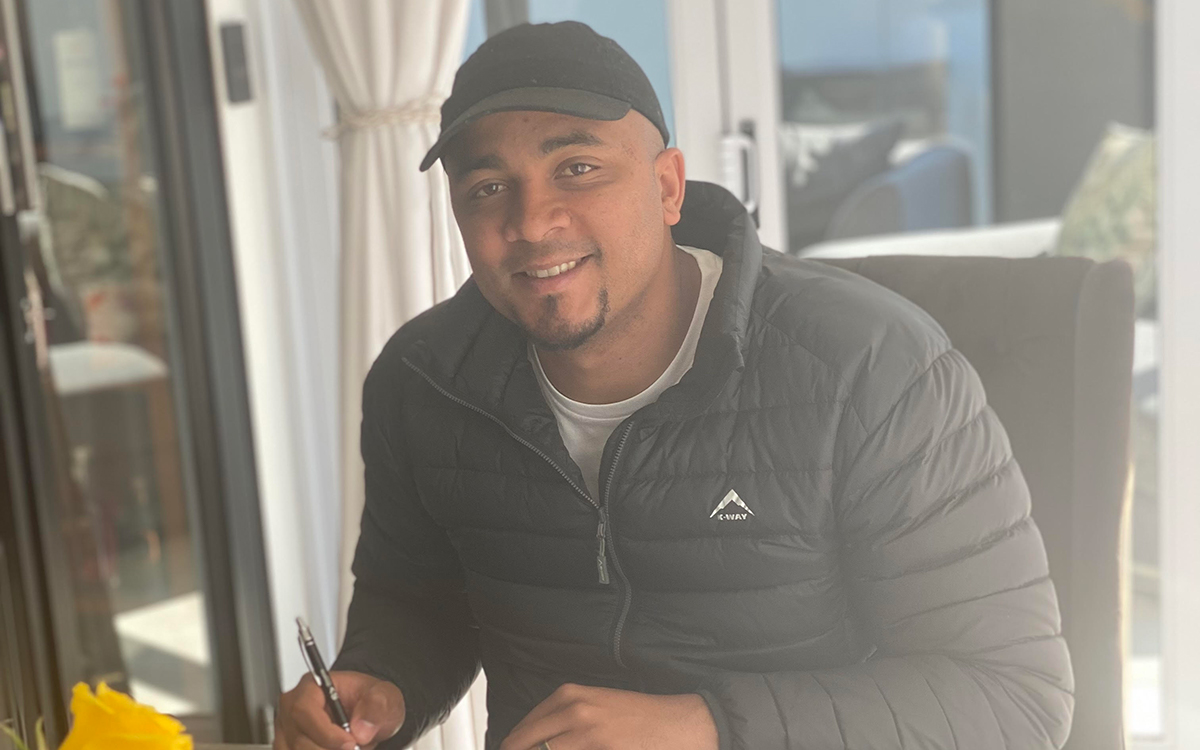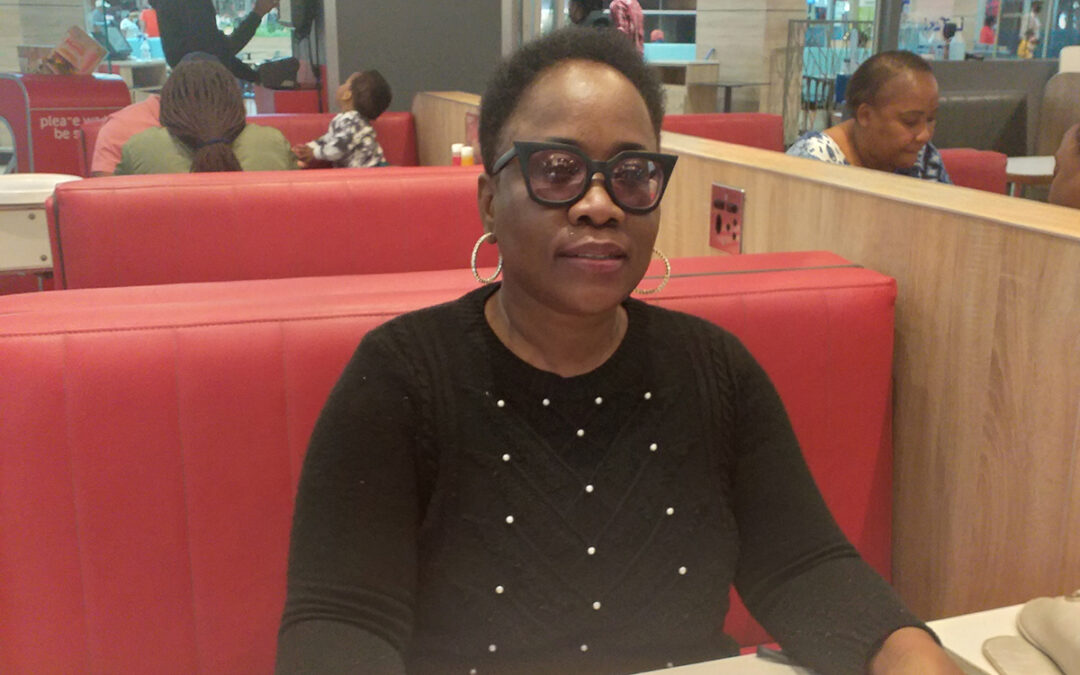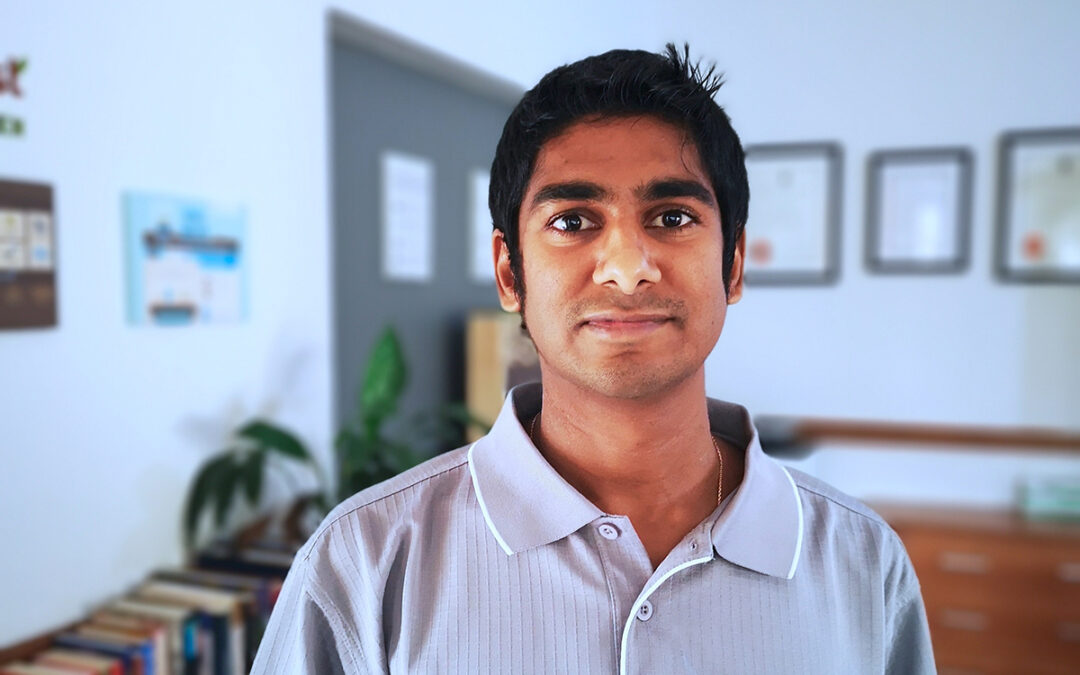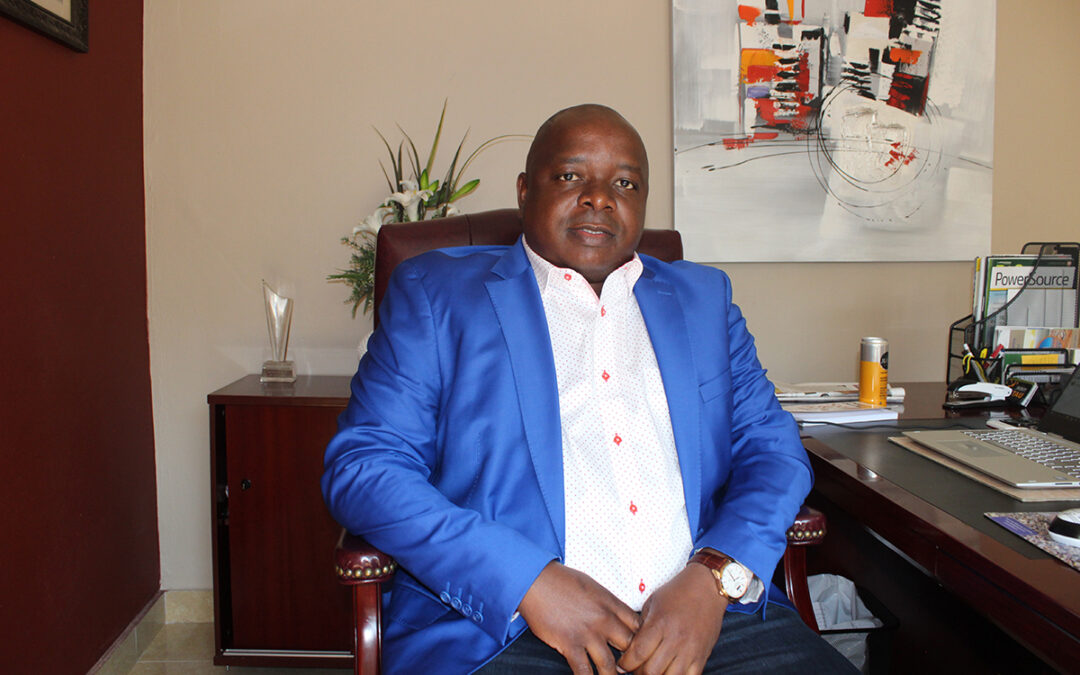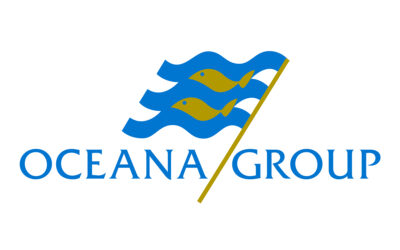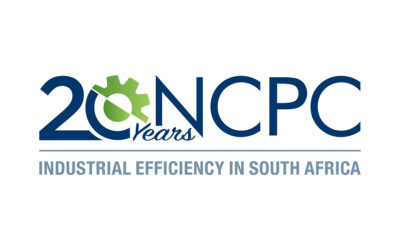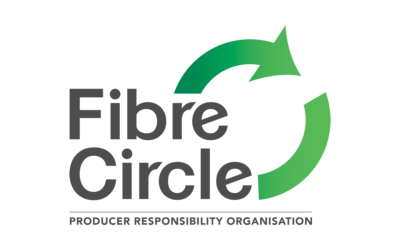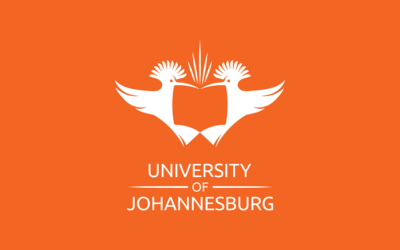While crafting a corporate social investment project as a Unisa student, Rowen Anderson realised that his family business was the ideal inspiration for a community outreach assignment. His initial idea was to encourage the homeless to collect waste by offering them a place to sleep rather than paying them. Anderson joined the family company in earnest and began the journey he continues on today.
One of the issues Anderson faces in the waste management industry is the lack of follow-through after the awarding of funding. As a rule, Rowen and the Waste Want team never take on funding that is not accompanied by a contract — a practice that aims to keep all interested parties accountable. A further issue faced by Waste Want is bad municipal practices that affect the efficiency of running the business.
However, the past four years have seen a significant growth in the conversations surrounding climate change and waste management efficacy. There is still work that needs to be done in convincing South Africans to adopt environmentally sustainable practices. As it stands, only certain segments of the population lead and participate in conversations around such issues. Companies such as Waste Want need buy-in from the majority of the population to thrive.
Waste Want addresses educational disparities that hinder the widespread adoption of sustainability practices. Through different departments, such as horticulture, tree cutting and pruning, Waste Want has many avenues to address the intersection between environmental protection and sustainability.
Anderson believes it is the people he has uplifted who are his biggest accomplishment. Many of Waste Want’s employees come from very disadvantaged backgrounds, and seeing where they are now compared to where they were has been one of Anderson’s greatest achievements.
“The past four years have seen a significant growth in the conversations surrounding climate change and waste management efficacy.”
